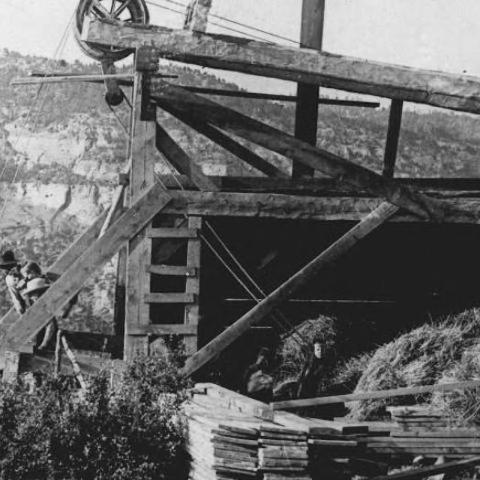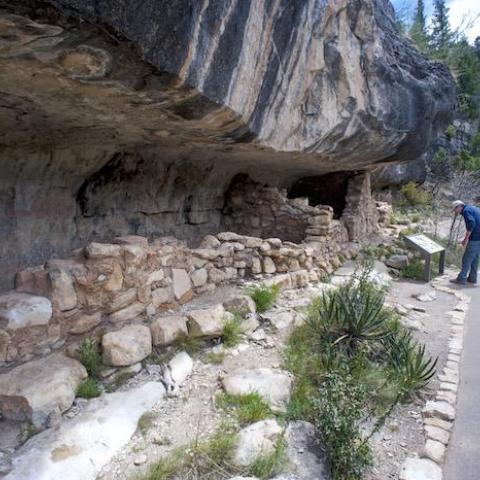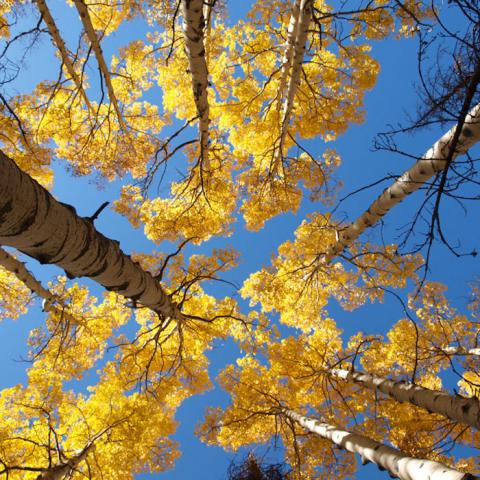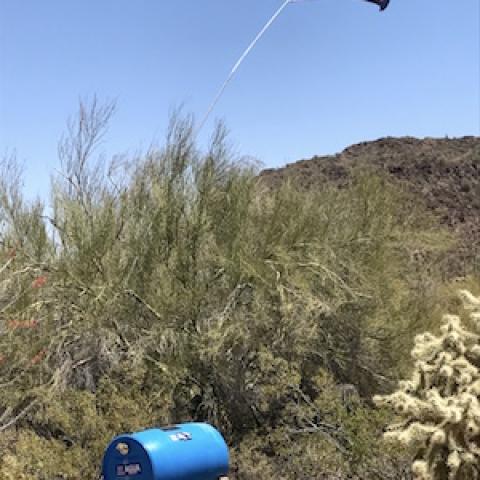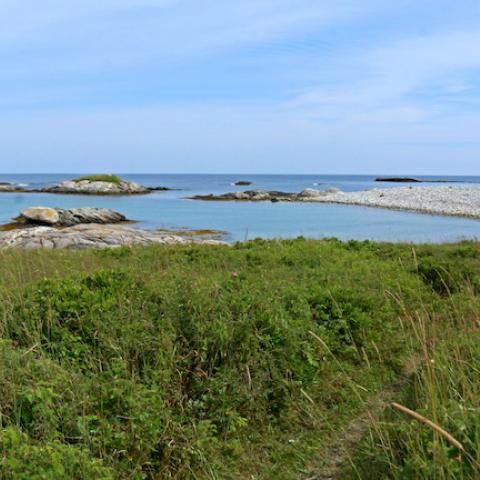Afoot Through History In The Waterpocket Fold

If you pay a visit to any of Utah’s five national parks, much of the time your eyes will be riveted on arches, towers, cliffs and canyons. That’s only natural in places as scenic as these, but in the years that my wife and I have been exploring southern Utah’s park lands, we’ve found it worth our while to learn about their history as well. The signs of human occupancy in the national parks and monuments of the Colorado Plateau are often hidden, but they give important clues to how people have adapted—or failed to adapt—to the rigors of living in this harsh landscape.
- By NPT Staff - October 24th, 2017 2:00am

